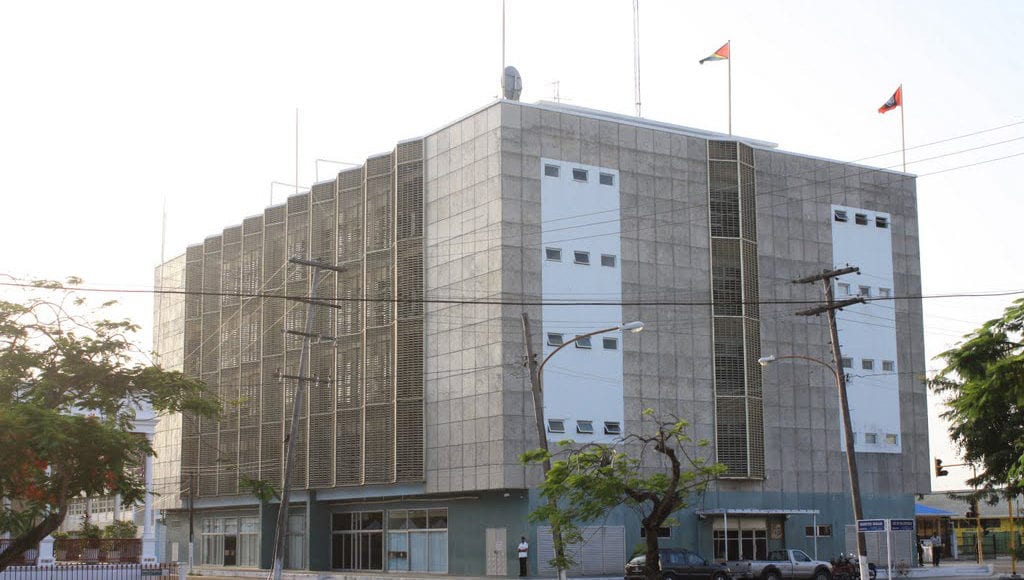Following its latest assessment of the economy’s performance for the year 2019, the Government of Guyana has stated in its End of Year Outcome Report that the country’s Gross Domestic Product (GDP) grew to an “impressive” 5.4 percent. The oil industry, it noted, was primarily responsible for this achievement which represents a 0.9 percent increase over the expected growth rate.
In the report that was released on Wednesday, the Ministry of Finance recalled that Guyana became an oil producing country in December 2019, some four months ahead of schedule. The Ministry noted that this development contributed a whopping 124.2 percent expansion in the petroleum and gas and support services sub-sector, which, in turn, drove growth of 10.6 percent in the mining and quarrying sector.
The value of imports also increased. In this regard, the Ministry noted that imports were up by US$608.9 million, to US$3,019.1 million, in 2019, which exceeded the projection of US$2,378.2 million. This was driven mainly by strong growth in imports for the rapidly expanding oil and gas sector.
The Ministry also noted that the government’s capital account recorded a substantially larger surplus of US$1,766.6 million, 36 percent and 38.8 percent above the 2018 level and the 2019 half-year forecast respectively. This was on account of increased foreign direct investments in the oil and gas sector.
Even though it is pleased with the significant contributions of the relatively young oil industry, the Ministry stressed the importance of fostering economic resilience by facilitating growth in the non-petroleum sectors and taking the necessary steps to minimize threats, such as the Dutch Disease.
To ensure that such threats are minimized, the Finance Ministry reminded that the government has already taken some key steps. In this regard, it reminded that the government established the Natural Resource Fund Act of 2019. The Ministry said that the Fund which is held at the Federal Reserve Bank of New York, has set the stage for the transparent and accountable management of revenues earned from this new sector.
The Ministry was also keen to note that the prospects and promises of Guyana’s economy growing by some 86 percent as projected by the International Monetary Fund (IMF) have been slowed by several emerging issues. In this regard, the Ministry said that the COVID-19 pandemic and the oil market shocks in early 2020, have had devastating effects across the world, though not on the same scale in Guyana.
It also noted that global demand has shrunk by unprecedented proportions and, while the true effects of the pandemic are yet to be ascertained, recovery is anticipated to extend beyond 2021. Taking this into consideration, the Ministry of Finance said that direct effects for Guyana include lower collections of petroleum revenues than originally forecast and the decline in economic activity as a result of global and national emergency measures to curb the spread of COVID-19.
Despite these developments, the Ministry noted that Guyana remains among the very few countries projected to grow appreciably in 2020.



